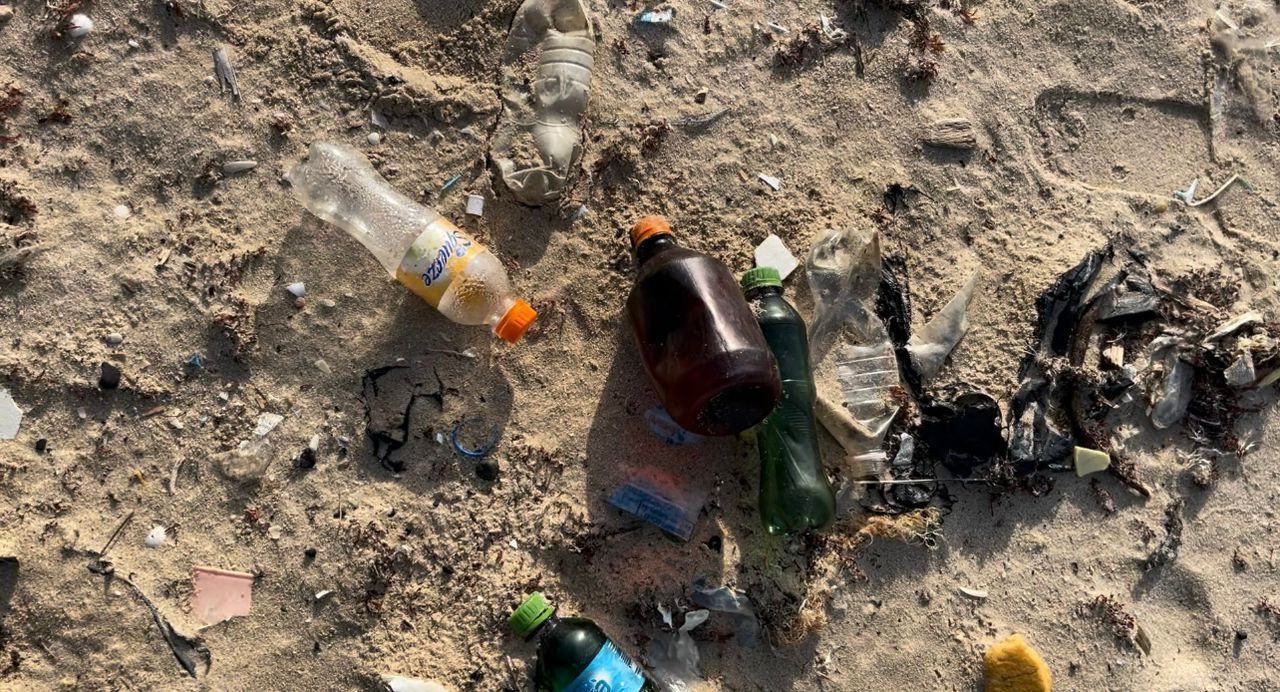
On the sun-drenched shores of Winneba, a coastal town in Ghana, the rhythmic lapping of waves against the sand is punctuated by an unwelcome sound: the crinkle of plastic waste. This cacophony of nature and pollution serves as a stark reminder of the environmental crisis gripping West Africa, a plague that has prompted the Economic Community of West African States (ECOWAS) Parliament, which seats in Abuja, Nigeria’s federal capital, to convene for an unprecedented third time in this historic fishing hub.
From 29 July to 3 August 2024, parliamentarians from across the region will gather to tackle an issue that threatens not only the environment but the very fabric of coastal communities: plastic waste management.

The meeting, themed “Plastic Waste Management: Challenges and Prospects in the Implementation of Community activities,” represents a watershed moment in the region’s environmental policy.
Winneba, no stranger to ECOWAS parliamentary gatherings, previously hosted a high-level seminar on democratic elections in 2021 and an Extraordinary Session in 2023, making this plastic waste management meeting the town’s third major ECOWAS event in recent years.????????????????
For hundreds of years, the sound of wooden boats pushing through waves has marked the start of each day on West Africa’s beaches. Fishermen with rough, work-worn hands throw their nets into the sea, hoping to catch shiny sardines and quick-moving anchovies swimming below. These small fish, though tiny, have been very important to life by the sea. They’re sold in local markets, eaten at home, and help make money for both small villages and big cities. The way fishermen catch these fish is like an old dance, a tradition passed down from parents to children for many years.
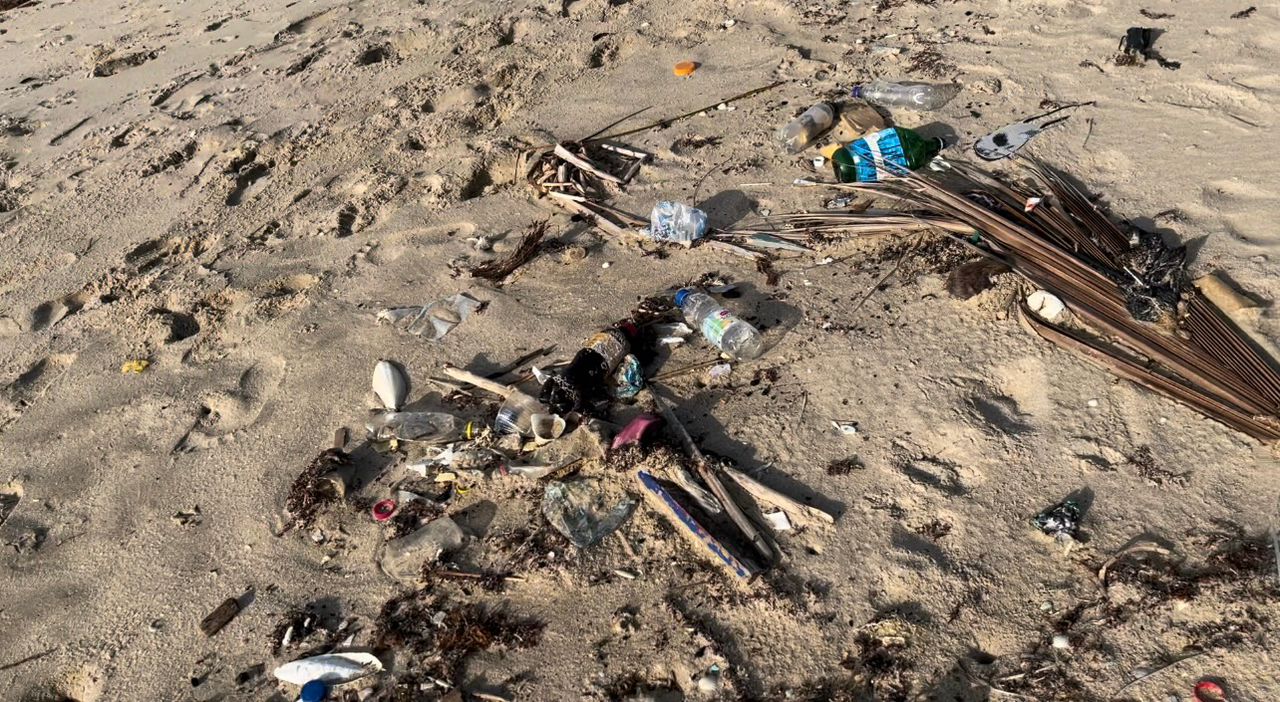
But this ancient tradition is suffocating. The seas that once teemed with fish are now struggling to provide, and the fishermen who have relied on these waters for generations are finding their nets increasingly empty. The changing tides of modern challenges – from pollution to overfishing – are threatening to wash away centuries of cultural heritage and economic stability.????????????????
A Crisis Beneath the Waves: The Decline of West African Fisheries
“Our beloved region, West Africa, is grappling with an unprecedented environmental crisis,” declares Alexander Kwamena Afenyo-Markin, 3rd Deputy Speaker of the ECOWAS Parliament and MP for Effutu, the constituency that includes Winneba.
“Plastic waste is choking our water bodies, suffocating the Atlantic Ocean, and threatening the very survival of our ecosystem,” says Afenyo-Markin. The urgency in Afenyo-Markin’s voice is palpable, echoing the desperation of those whose livelihoods have been ravaged by this modern-day plague.
From Senegal’s Atlantic shores to Nigeria’s coast, West African fishing communities face a growing crisis. Once-abundant fish stocks have been dwindling since the 1990s, threatening livelihoods and food security across the region. While plastic waste is a significant concern, illegal fishing methods employed by foreign trawlers have emerged as another major culprit in the depletion of fish stocks.
In Ghana, landings of small pelagic fish fell by 59% between 1993 and 2019. Côte d’Ivoire experienced a similar 40% decrease from 2003 to 2020. This decline affects millions, with Ghana alone having over 200,000 active fishers and two million others in the industry.
The impact extends beyond fishing communities. In Senegal, where seafood provides 40% of animal protein, fish scarcity has led to soaring prices, affecting nutrition. The fishing industry contributes 1.8% to Senegal’s GDP and provides over 600,000 jobs. In 2018, Senegal’s legal fish exports reached $490 million, accounting for 10% of the country’s exports.
Unauthorized and illegal industrial fishing by foreign boats costs Senegal $272 million annually. These trawlers often evade regulations, turning off satellite transponders and using illegal nets, further decimating fish populations.
The crisis has far-reaching consequences. Without fish, many livelihoods are lost, leading some fishermen to immigrate or undertake dangerous journeys to Spain’s Canary Islands. In 2023, over 15,000 arrivals were registered.
This multifaceted crisis is not just an environmental issue, but a fight against poverty, for food security, and the preservation of cultural heritage across West Africa’s coastal communities.
Winneba’s Plastic Crisis: Suffocating Jobs and Livelihoods
Bola Erinosho of the University of Cape Coast, Ghana, recently highlighted the gravity of the situation: “Marine plastics and litter have consequences for the livelihoods and food security of coastal communities who rely on fisheries. As many communities on the coast have their cultures and identities connected to fisheries, a collapse of the fisheries industry caused in part by plastic waste and litter in the marine ecosystem has significant socio, economic and political consequences.”
Erinosho’s words find stark embodiment in the story of Kwesi Appiah, a former fisherman from Winneba. “I used to fish in Winneba, but the plastic menace and the resulting low fish catch forced me to abandon fishing,” Appiah laments. “I’ve relocated to Cape Coast and started a new life as a plumber. It’s sad to see the sea that once provided for me and my family now filled with plastic waste.”
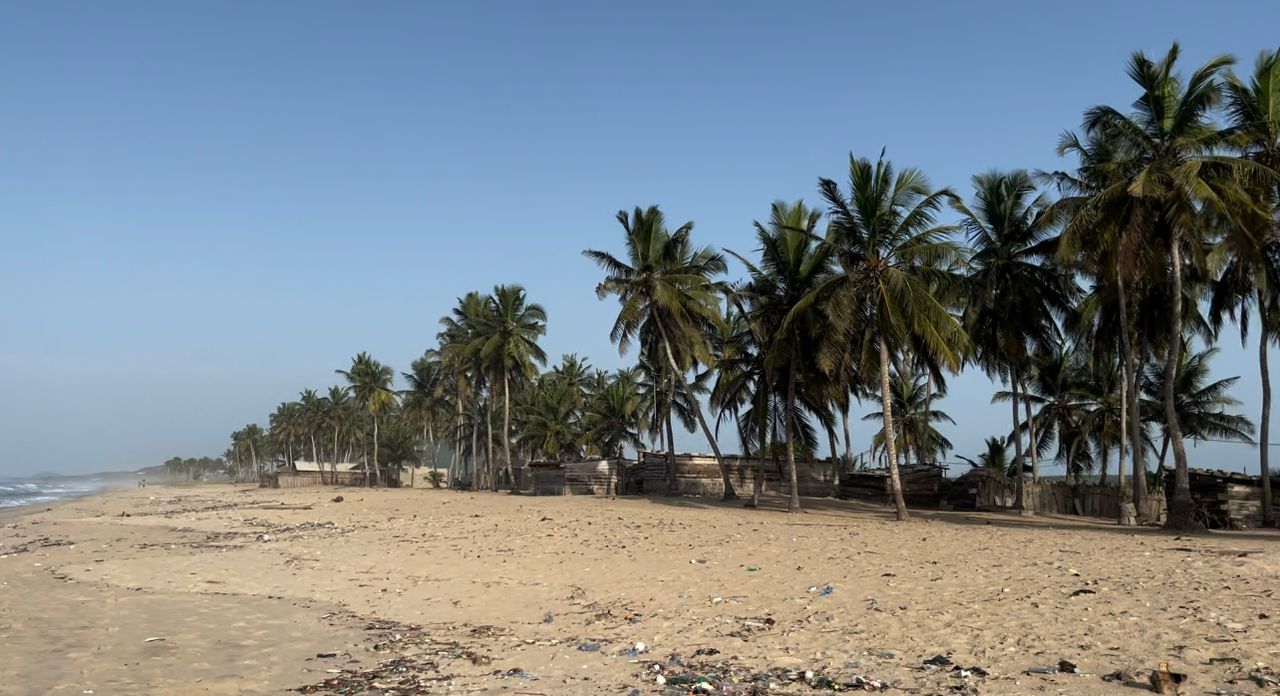
Appiah’s tale of displacement is far from an isolated incident. Along the West African coast, countless fishermen are witnessing their nets filled with plastic instead of fish, their traditional way of life slowly suffocating under a blanket of non-biodegradable waste. Kofi Akakpo, a fisherman based in Akosua Village, Winneba, paints a grim picture: “We’re finding fish with plastic in their stomachs, and it’s a worrying trend. If we don’t do something about it, our livelihoods and the sea’s ecosystem will be destroyed.”
In a bid to promote sustainable fishing practices, the Ghanaian government has instituted an annual closed fishing season from 1st to 31st July 2024. During this month-long moratorium, all fishing activities are suspended to allow marine ecosystems to recover and fish stocks to replenish. While officials hail this measure as a critical step towards long-term sustainability, it has elicited diverse responses from coastal communities, highlighting the delicate balance between environmental conservation and immediate economic needs.????????????????
However, Akakpo, the fisherman from Akosua Village, offers a different perspective. “Overfishing isn’t our main problem,” he asserts. “The real enemy is plastic waste.” Akakpo’s statement challenges the effectiveness of the closed season in addressing the root cause of declining fish stocks. While the government’s initiative aims to combat overfishing, it may be overlooking a more insidious threat: the proliferation of plastic waste in Ghana’s coastal waters.
This disconnect between government policy and the reality experienced by fishermen like Akakpo underscores the complexity of the issue. It suggests that while measures like the closed season may offer some reprieve, a more comprehensive approach addressing plastic pollution is urgently needed to truly revitalize Ghana’s marine ecosystems and protect the livelihoods of its coastal communities.
A Global Crisis with Local Impacts
The crisis unfolding on Winneba’s shores is but a microcosm of a global catastrophe. A chilling United Nations report paints a grim picture of our planet’s future: by 2050, our oceans may contain more plastic than fish. This stark projection casts a long shadow over West Africa’s coastal communities, already grappling with the immediate impacts of plastic pollution.
The tentacles of this crisis reach far beyond visible waste on beaches. Experts say as plastic breaks down, it forms microplastics that enter the food chain, potentially ending up on our dinner plates. These microscopic particles, often laced with toxins, pose a grave risk to both marine ecosystems and human health.
The ubiquity of plastic waste is staggering. From the bustling ports of Lagos to the remote Arctic, no corner of our planet remains untouched. For West African nations, where fishing is not just an industry but a way of life, the stakes couldn’t be higher. Thus, Kofi Akakpo’s lament about finding plastic in fish stomachs is not just an anecdote; it’s a harbinger of a looming ecological disaster.
The Economic Dilemma: Jobs vs. Environment
????????????????The complexity of the plastic waste issue becomes apparent when considering its economic implications. The plastic industry is a significant employer in the region, and any drastic measures could have far-reaching consequences. The Ghana Plastic Manufacturers Association (GPMA) warned at a news conference in May 2019 that an outright ban on plastics could lead to the loss of about 5,276,770 direct and indirect jobs, representing a staggering 18.2 per cent of Ghana’s population.
Ebbo Botwe, President of GPMA, emphasized the need for a more nuanced approach: “We want the government to avoid the tendency to make rush interventions without thorough scientific and economic analysis of facts and figures on the plastic industry in Ghana.” Botwe argued that resorting to a ban was a “lazy approach” in dealing with plastic waste, calling instead for “stringent collaborative efforts to manage the country’s public waste in a much sustainable manner for socio-economic growth.”
The Plastic Paradox: Balancing Environmental Concerns with Economic Realities
As ECOWAS parliamentarians prepare to convene in Winneba, they face a complex challenge that pits environmental preservation against economic stability. This dilemma is starkly illustrated by two contrasting perspectives from leading Ghanaian academics.
On one side, Professor Emmanuel Numapau Gyamfi, a statistician and head of the accounting and finance department at the GIMPA Business School, warns of the potential economic catastrophe that could result from a hasty ban on plastics. “If five million people are also coming to add on [to the unemployed], it will be quite very difficult,” Prof. Gyamfi cautions, noting that such job losses could push unemployment to nearly a quarter of Ghana’s population. He contextualizes this figure against recent data: “The Ghana Statistical Service just recently published that we have two million people idling. Adding it on top of five million, we are talking of almost a quarter of the population being unemployed.”
Gyamfi’s concerns extend beyond mere economic metrics. “As a country, it’s a national security issue when it happens like that,” he asserts, highlighting the potential for social unrest and political instability that often accompany mass unemployment. His call for a measured approach underscores the delicate balance policymakers must strike.
On the other side of the debate stands Professor William Baah-Boateng, a labour economist and head of the Economics Department at the University of Ghana, Legon. Prof. Baah-Boateng argues for a more decisive approach, even if it means short-term economic disruptions. “From my perspective, plastic is causing more harm than good,” he states, advocating for a ban on single-use plastics and a transition to environmentally friendly alternatives.
Baah-Boateng draws a historical parallel to assuage fears of job losses: “When computers came in and replaced typewriters, did it cause any major havoc? No.” He posits that while certain jobs may be lost, new opportunities will arise in more sustainable industries.
Crucially, Baah-Boateng calls for a rational, unemotional approach to the issue. “We should avoid emotional kinds of arguments,” he states emphatically. “If people are going to lose their jobs, it doesn’t mean that you can’t do anything that will benefit the environment.” This perspective challenges policymakers to look beyond short-term economic concerns and prioritize long-term environmental sustainability.
The Path Forward: Crucial Questions for ECOWAS Parliamentarians
These contrasting views present ECOWAS parliamentarians with a series of crucial questions:
1. How can the plastic waste crisis be managed without triggering an employment crisis?
2. What strategies can be employed to gradually transition the workforce while addressing environmental concerns?
3. How can governments build credibility in their promises of alternative employment?
As the sun sets over Winneba’s plastic-strewn beaches, the weight of these considerations hangs heavy in the air. The path forward is not clear, but one thing is certain: the decisions made in the coming days will reverberate through West African society for years to come. The challenge for ECOWAS parliamentarians is not just to clean up the region’s beaches, but to chart a course that preserves both the environment and the livelihoods of millions of West Africans.
In this context, the choice of Winneba as the meeting venue becomes deeply symbolic, bringing parliamentarians face-to-face with both the environmental devastation and the economic realities they must reconcile. As they grapple with these complex dynamics, the eyes of West Africa – and indeed, the world – are upon them, waiting to see if they can turn the tide in the battle against plastic pollution while safeguarding the economic future of the region.
Beyond Mere Meetings: The Urgent Call for Concrete Action
As Winneba prepares to host MPs from the ECOWAS Parliament, a palpable sense of expectation hangs in the air. Dr. Abdul-Rashid Hassan Pelpuo, MP for Wa Central and Minority Spokesperson on Foreign Affairs, voices a growing demand for tangible action.
“Plastic waste has polluted the African environment, especially in West Africa,” Pelpuo declares. “It’s polluting our gutters, seas, and waters, causing animal deaths and exacerbating poverty.”
As president of the African Parliamentarians Forum on Population and Development, Pelpuo advocates for decisive measures. “Many countries, particularly in Europe, have banned plastic. Rwanda has managed it so well that plastic isn’t a problem. We need to consider banning it or repurposing it through recycling.”
Pelpuo emphasizes the ECOWAS meeting’s importance in developing a unified regional approach. “ECOWAS is creating a common market and environmental action plan. We need a unified strategy, whether through legislation or regulation, that will have consequences throughout the sub-region.”
However, he warns against the tendency for such forums to produce decisions that “remain wholly on paper.” Pelpuo stresses, “Elevating these discussions to an international level is beneficial. It will create a conducive atmosphere for foreign direct investment and support efforts to make our capitals clean enough for tourists and investors.”
As a representative for the Institute for Diversity and Inclusion in Emergency Management on West African climate change issues, Pelpuo brings a unique perspective. He sees the plastic waste crisis as intrinsically linked to broader environmental and economic concerns.
“You cannot attract investment to a place where cleanliness, a top priority, is neglected,” he argues, underscoring the far-reaching implications of the crisis on economic development and regional integration.
Afenyo-Markin echoes this multifaceted approach, proposing effective waste management systems, bans on single-use plastics, investment in innovative solutions, and increased public awareness. “We owe it to our fishermen struggling amidst this plastic menace, and to our environment crying out for relief,” he declares.
Ghana’s Gradual Response to the Plastic Crisis
While the plastic crisis looms large, regional efforts to address it have been uneven. Ghana, despite its extensive coastline and reliance on marine resources, has been slower than some neighbors in adopting regulatory mechanisms. However, this hesitancy is giving way to a more proactive approach, driven by international collaborations and growing urgency.
In 2019, Ghana became the first African nation to join the Global Plastic Action Partnership (GPAP), aiming to transition towards a circular plastics economy. The country has also been active internationally, co-organizing a 2021 Ministerial Conference alongside Ecuador, Germany, and Vietnam, which laid groundwork for a legally binding global instrument on plastic pollution.
Despite these positive steps, challenges persist. Plastic waste regulation in Ghana is spread across various institutions, leading to bureaucratic hurdles and policy duplication. Limited resources for critical environmental initiatives pose another obstacle. As ECOWAS parliamentarians converge on Winneba, they must confront these realities and ensure effective implementation across diverse national contexts.
A Crossroads for West Africa’s Coastal Communities
As the sun sets over Winneba’s plastic-strewn beach, the enormity of the task ahead becomes clear. The ECOWAS Parliament’s meeting represents more than policy discussion; it’s a fight for the soul of West Africa’s coastal communities and their generations-old way of life.
Yaw Acquah, a veteran fisherman, states bluntly: “I’ve fished in Winneba for over 20 years, and I’ve never seen anything like this. Plastic waste is choking our nets and killing our fish. We’re struggling to survive.”
Favour Borbor, a local fishmonger, echoes his sentiment: “It’s heartbreaking to see the sea, our provider for generations, now filled with plastic waste. Our men are catching more plastic than fish. This crisis demands urgent attention.”
As ECOWAS parliamentarians gather, they carry the hopes of millions. Their challenge is clear: craft policies that will stem the tide of plastic pollution while preserving the economic lifeblood of coastal communities.
The sea that has sustained generations now cries out for help. The response, formulated in the halls of the ECOWAS Parliament, may determine the future of the region’s coastal ecosystems and the communities dependent on them. As the parliamentarians convene, the eyes of West Africa – and the world – are upon them, waiting to see if they can turn the tide in this crucial battle against plastic pollution.
The post From Winneba’s Shores to West Africa’s Future: ECOWAS MPs Confront the Plastic Crisis appeared first on Citinewsroom - Comprehensive News in Ghana.
Read Full Story

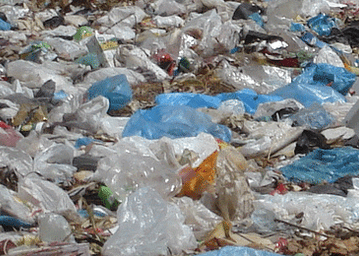










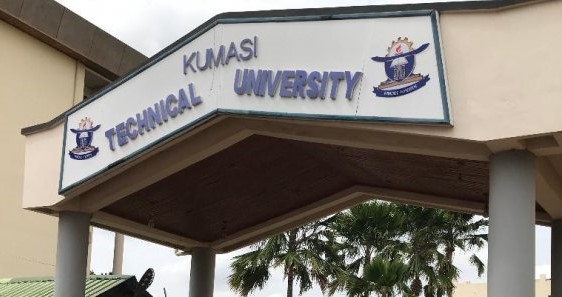
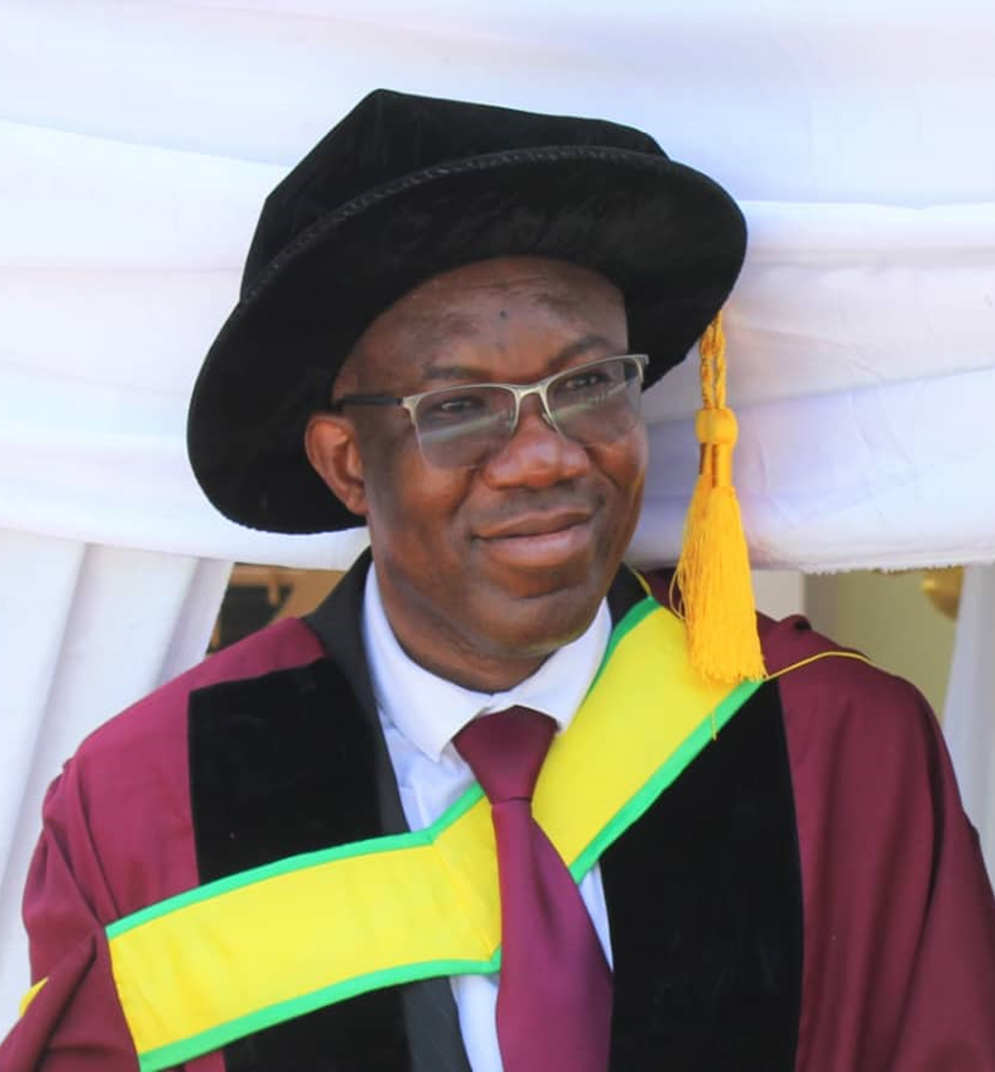
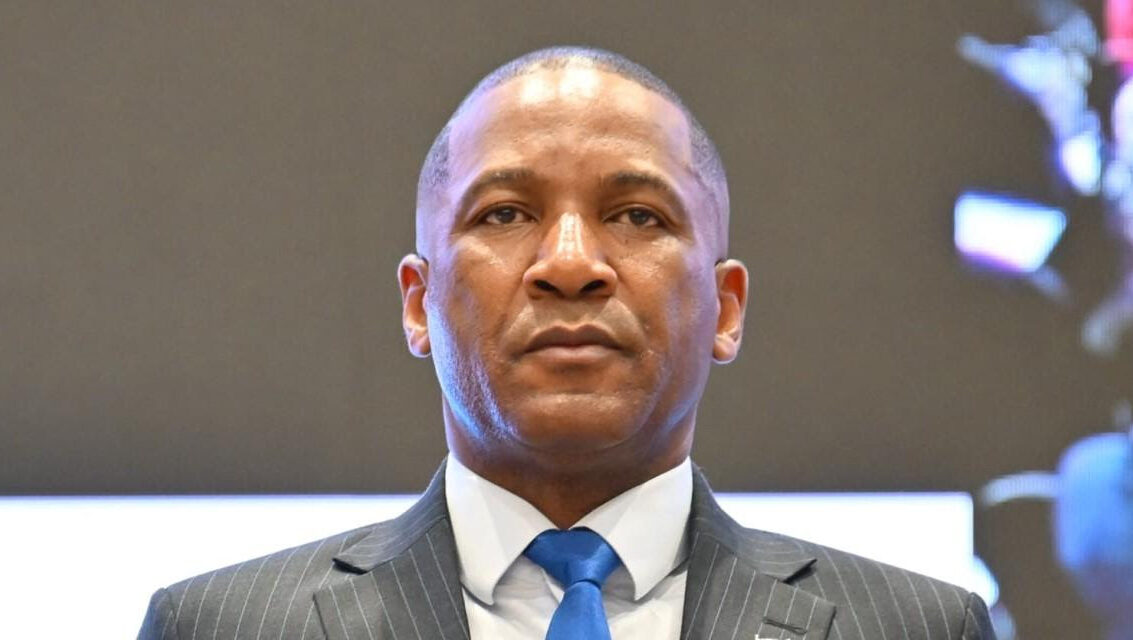

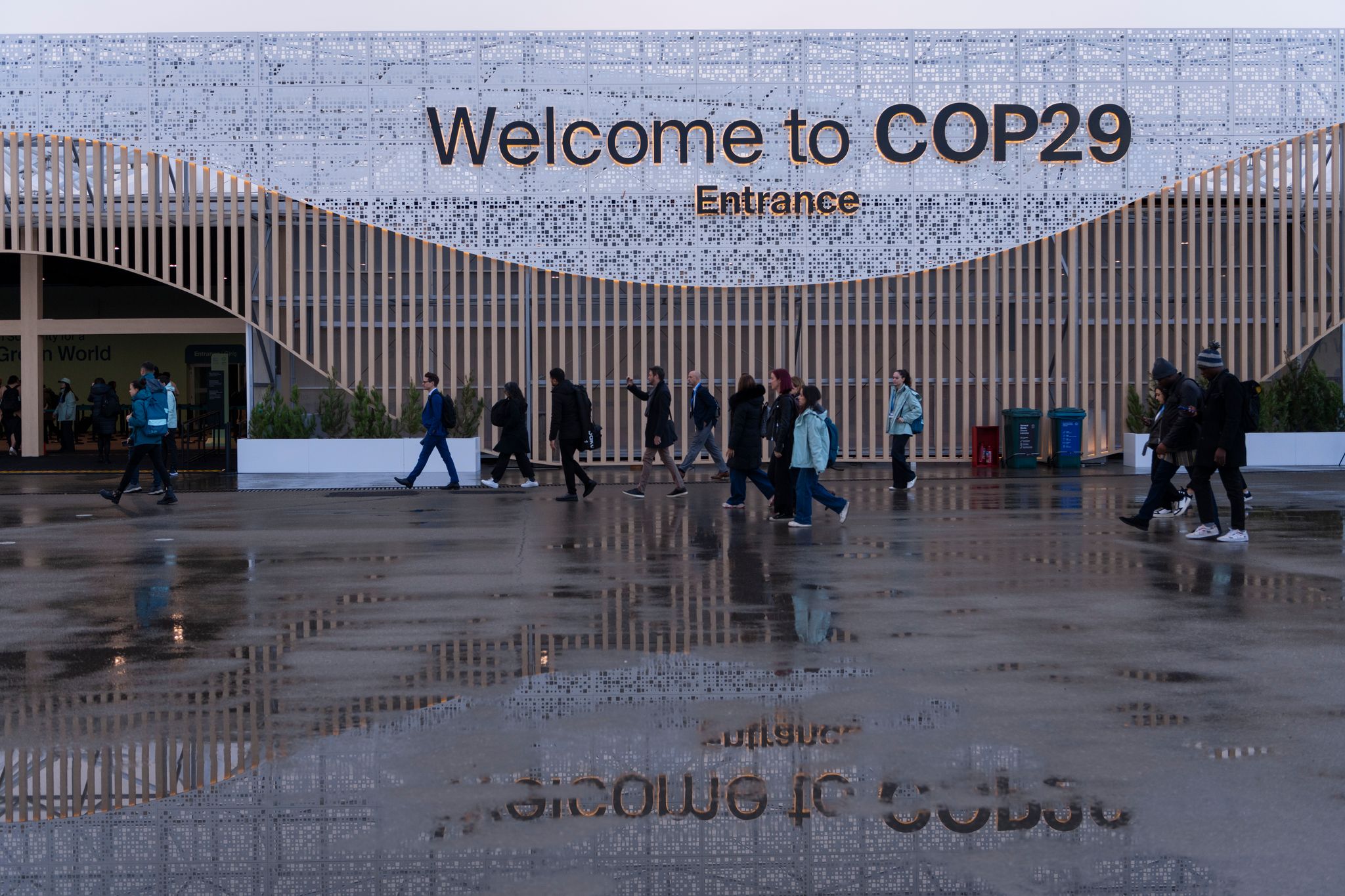
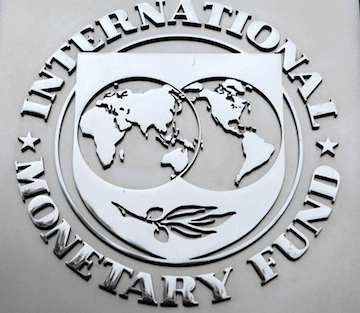
Facebook
Twitter
Pinterest
Instagram
Google+
YouTube
LinkedIn
RSS